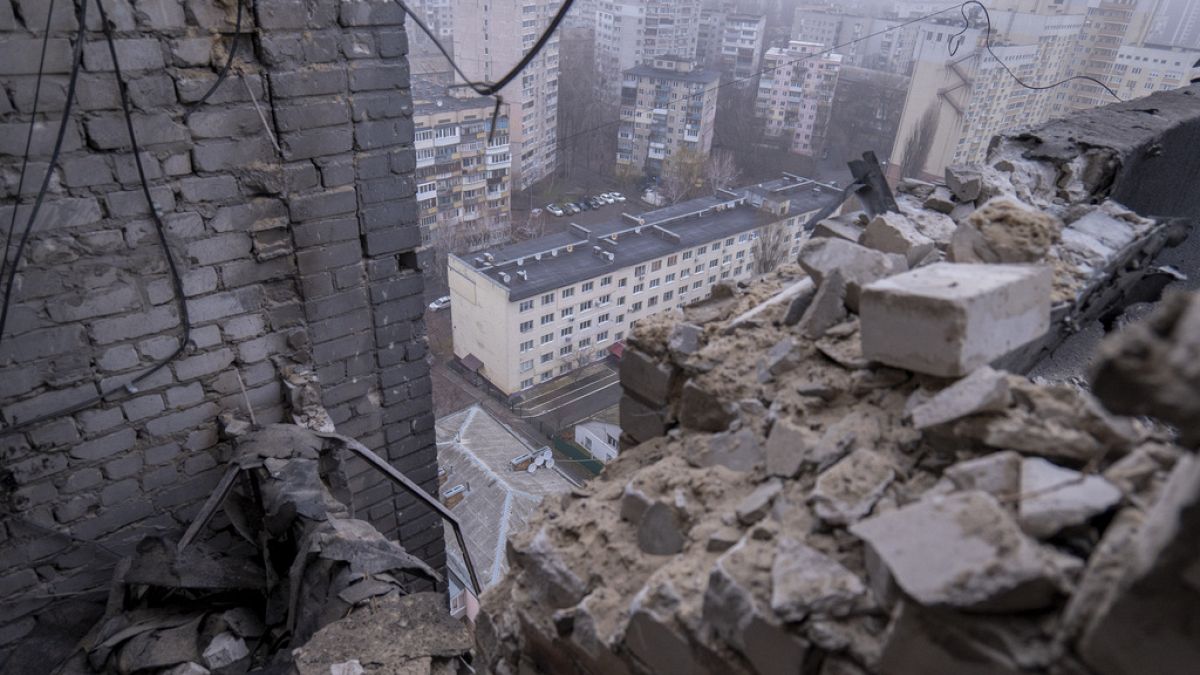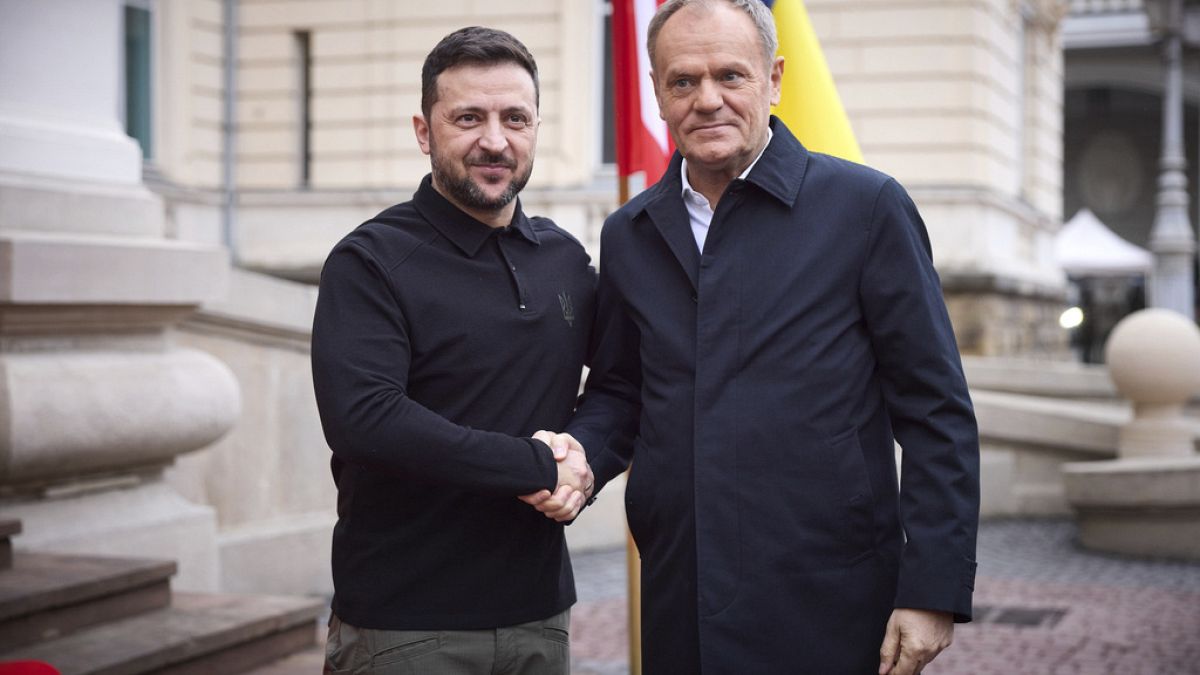The EU voted on 12 December to lift internal land border controls with Romania and Bulgaria, allowing them to join the Schengen Area in the New Year.
Only a few days left until the borders between Romania and Bulgaria close as the countries join the Schengen Area — a border-free region that guarantees the free movement of millions of EU citizens.
Both countries' shared journey to join the passport-free Schengen Area came to an end earlier in December when interior ministers from the EU gave their final approval to their hard-fought candidacy.
Border checks at air and sea points were lifted earlier this year.
The two countries will officially join the Schengen Area as full members on 1 January 2025, closing a chapter that began in 2011, when the European Commission first determined their readiness for accession.
Long queues at 30 land borders between Romania and Bulgaria will soon be a thing of the past, though random document checks will continue for some time to help prevent crime.
Romanians are pleased with this decision, as they expect to save a significant amount of time when travelling abroad by car, no longer having to wait for hours at border controls.
The long queues had a major impact on those transporting goods, who could spend days at the border, losing both time and money.
Romania and Bulgaria’s accession to the Schengen Area was blocked by Austria in 2023 due to concerns over irregular migration, and Bulgaria also faced opposition from the Netherlands.
Romania started negotiations to enter the Schengen Area in 2011 when the country formally fulfilled the accession conditions.
The Schengen Area, one of the most tangible achievements of European integration, currently includes 29 countries and nearly 450 million people.

 1 week ago
4
1 week ago
4






 We deliver critical software at unparalleled value and speed to help your business thrive
We deliver critical software at unparalleled value and speed to help your business thrive






 English (US) ·
English (US) ·